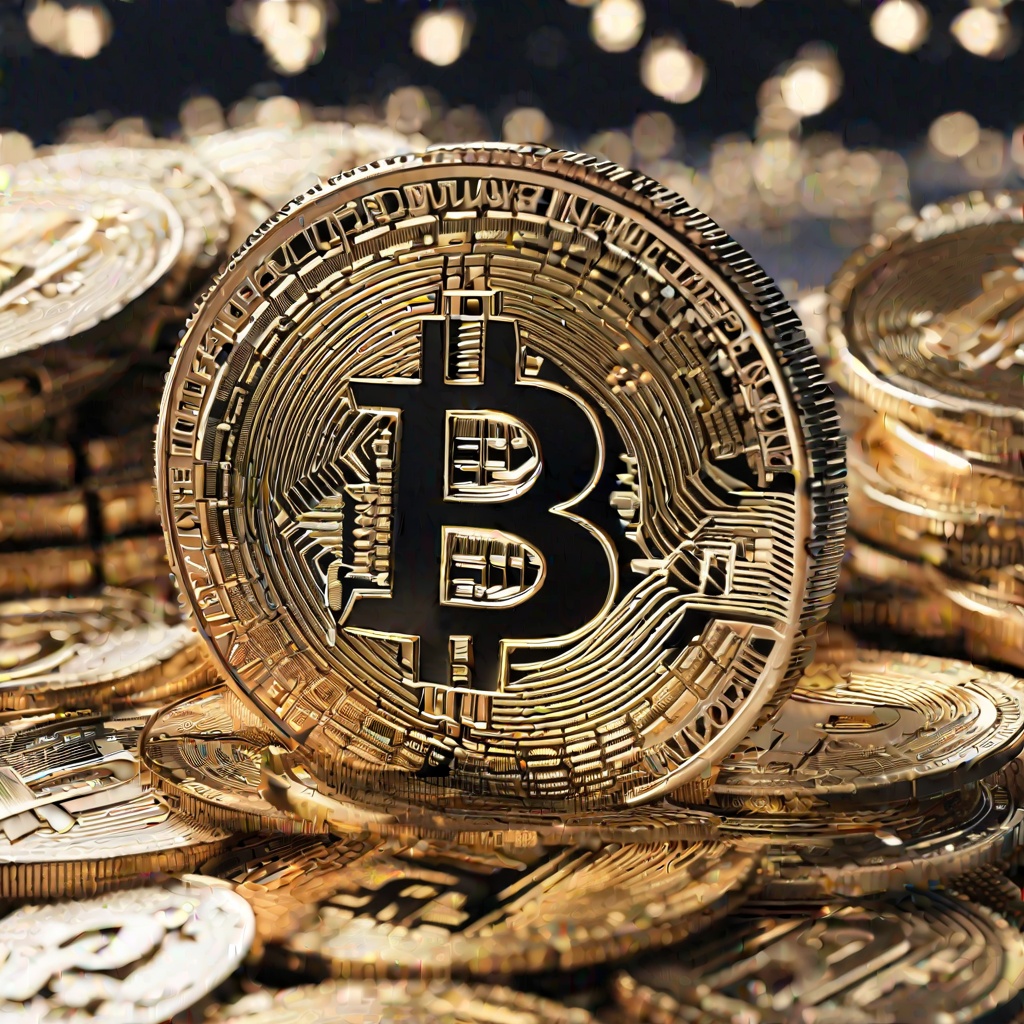Are cryptocurrency scams a scam?
Could you elaborate on the complexity of the issue surrounding cryptocurrency scams? I've heard varying opinions on whether they are legitimate threats or simply another guise for fraud. On one hand, there are reports of individuals falling victim to elaborate schemes involving fake cryptocurrencies and fraudulent ICOs. However, others argue that these so-called scams are merely a small fraction of the overall cryptocurrency market and shouldn't be painted with a broad brush. What are your thoughts on this? Are there specific patterns or red flags that investors should be aware of? And how can one distinguish between a legitimate cryptocurrency opportunity and a potential scam?

How do Bitcoin scams work?
I've heard stories of people being duped by Bitcoin scams, but I'm not entirely sure how they operate. Could you break it down for me? Specifically, how do these scams lure people in and then take their money? Do they typically involve fake exchanges, phishing attempts, or something else entirely? And how can one be vigilant against falling victim to such schemes? I'd like to gain a deeper understanding of the mechanisms behind these scams to better protect myself and others from becoming targets.

Should bitcoin be compared to penny stocks or scams?
In the realm of cryptocurrency and finance, the debate surrounding Bitcoin's true nature often surfaces. Should we view it as a potential investment akin to penny stocks, offering the promise of significant returns for those willing to take on the inherent risks? Or does Bitcoin more closely resemble the dubious world of scams, promising unattainable riches while masking a potentially fraudulent underbelly? This question begs for a nuanced understanding of Bitcoin's market behavior, its technological underpinnings, and the regulatory environment surrounding it. Let's delve deeper into this dichotomy and explore the merits of both perspectives.

Does Coinbase prevent liquidity mining scams?
With the rising popularity of decentralized finance and liquidity mining, there have been numerous reports of scams and fraudulent activities in this space. Given Coinbase's stature as a leading cryptocurrency exchange, I'm curious to know if they have implemented any measures to prevent liquidity mining scams. Do they conduct thorough vetting of projects that offer liquidity mining rewards? Do they monitor user accounts for suspicious activity related to liquidity mining? Furthermore, what kind of educational resources or warnings do they provide to their users to help them avoid falling victim to these scams? Understanding Coinbase's approach to this issue would give users a sense of security and peace of mind while participating in liquidity mining opportunities.

Are there scams on crypto Twitter?
With the rise of cryptocurrency and its increasing popularity, many enthusiasts have turned to social media platforms like Twitter to stay updated on the latest trends and news. However, this has also led to the emergence of a number of questionable accounts claiming to offer insider tips, guaranteed profits, or even "free" coins. This begs the question: Are there indeed scams lurking on crypto Twitter? Many of these so-called "experts" promise fast and easy returns, often with little to no explanation of how they plan to achieve such results. They may use catchphrases like "guaranteed moonshots" or "100x returns" to lure in unsuspecting investors. Some even resort to fake testimonials or manipulated graphs to boost their credibility. It's important to remember that investing in cryptocurrency, like any other investment, requires careful research and due diligence. Be wary of accounts that make unrealistic promises or pressure you to make quick decisions. Always verify the information you receive from social media and consult trusted sources before making any financial decisions. So, in essence, yes, there are indeed scams on crypto Twitter. It's crucial to exercise caution and skepticism when engaging with such content.

